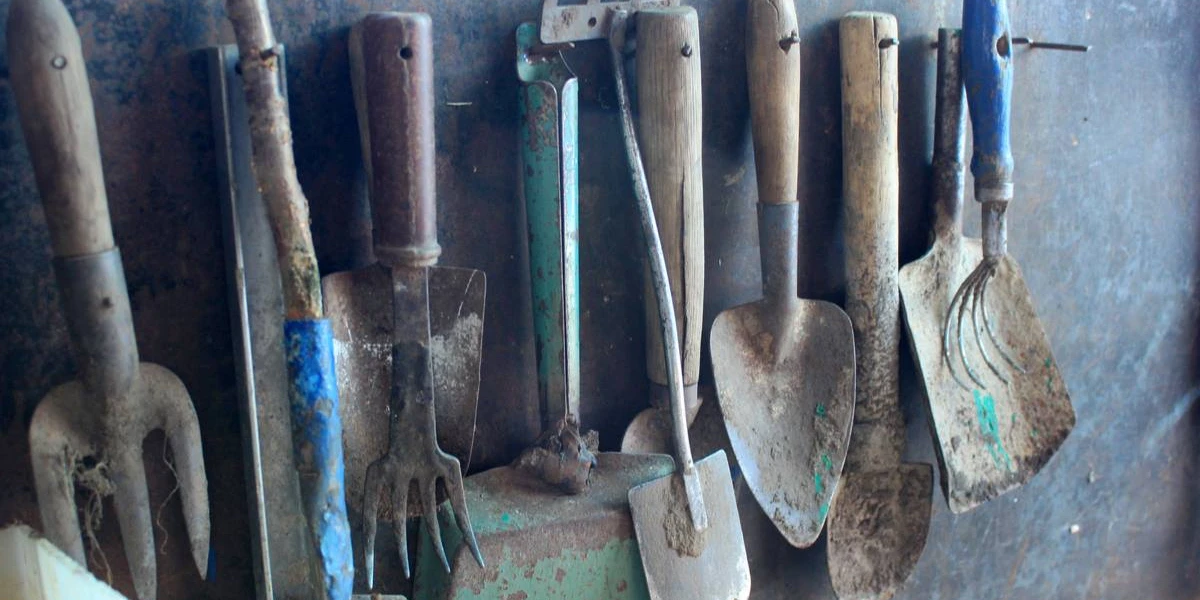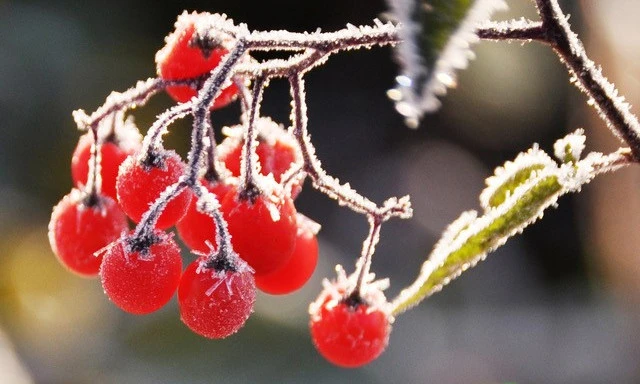What to do in the Garden in Winter
Winter is a time of the year that pests and diseases in the home and garden are less often a problem. In many parts of New Zealand, it is too cold for insects to be active. Deciduous plants become dormant and even evergreens slow down. Rodents, which tend to be a major pest in autumn and winter, begin to reduce in number as winter progressively kills them off due to cold and reduction of available food. Winter will kill off many insects and slow the progression of the disease.
However, in this ‘dead of winter,’ there is still life preparing to spring into action as soon as the weather begins to warm. Some insects can hibernate, slowing their metabolism through the cold periods. Many insect pests will have laid eggs in bark and buds or in the soil. Disease spores will also be lingering in and around your plants. These pests and diseases are evolved to survive the cold of winter and to burst into new life as soon as the triggers of warmth and longer day length return.
You can use this time to your, and your garden’s advantage. Here are some tips to help you clean up your home and garden in winter to reduce the risk of problems in spring:
- Protect your plants from sharp frosts.
- Rake up those leaves – don’t let leaves and leaf litter lie on your lawn or in your flowerbeds where they would harbour insect eggs and disease spores. Lift the leaves and put them on your compost heap.
- Keep Your Compost Cosy - Ensure your compost heap is kept insulated so that the composting process remains active.
- Mulch your beds to protect roots from frost damage.
- Prune your trees and roses to remove dead parts and encourage healthy new growth in spring.
- Carry out a winter spray programme of PLANThealth Copper Fungicide Liquid, Organic Super Spraying Oil and then Organic Super Sulphur to kill insects, eggs, mites and spores on your trees, shrubs, roses and other ornamentals.
- A wet weekend? - Clean and sharpen your gardening tools. Tools can transfer disease from plant to plant. Blunt tools will damage plants increasing the likelihood of infection at wounds.
- Transplanting - Winter is a good time to transplant dormant trees and shrubs.
- Don’t forget your lawn – a little fertiliser may help.
- Ants in winter and other insect pests may be more easily controlled when their numbers are low.
This effort in winter will mean that you can spend more time doing the creative planting, encouraging and enjoyment of your home and garden in spring and summer.
David Brittain
Kiwicare

